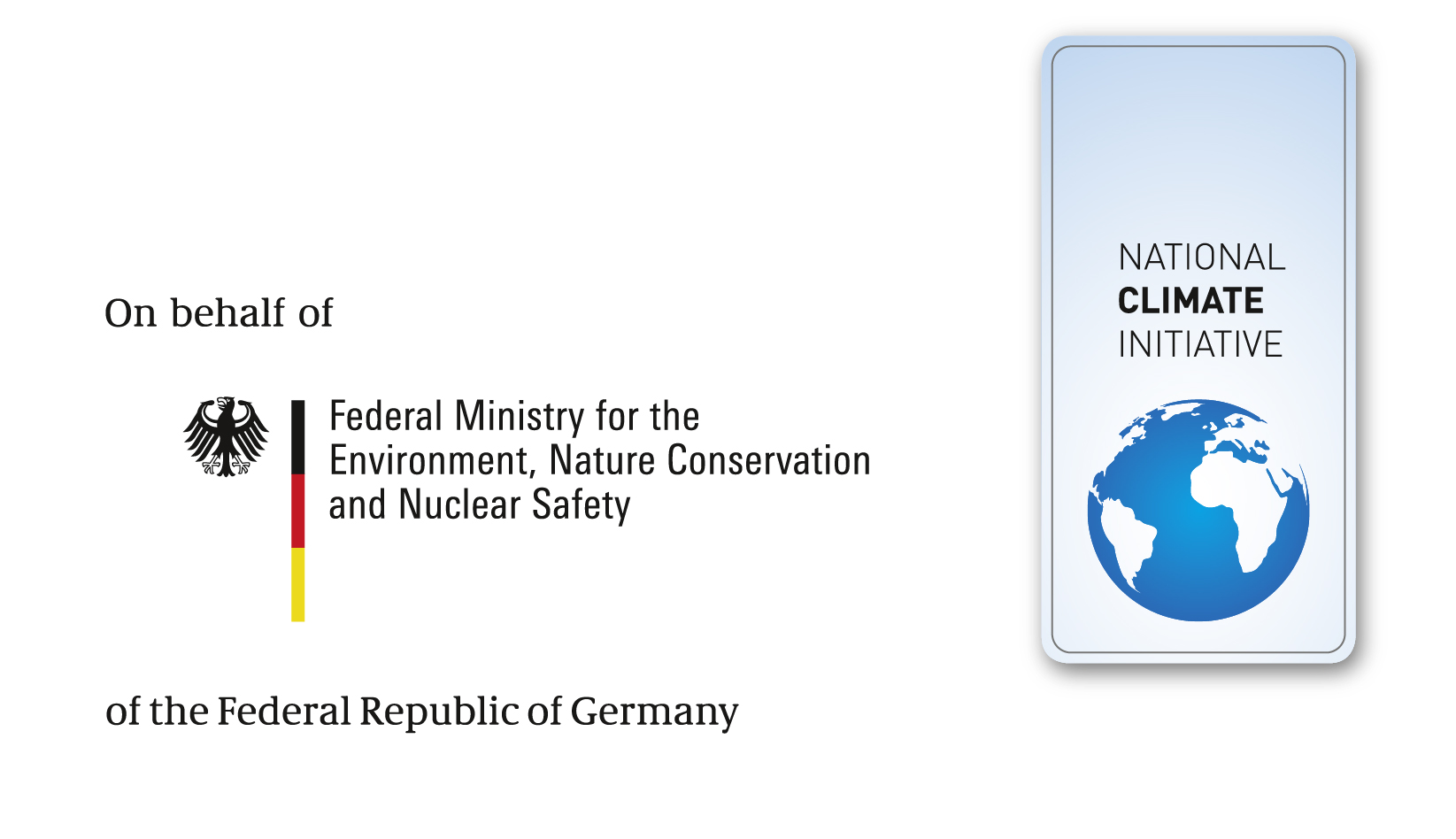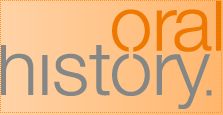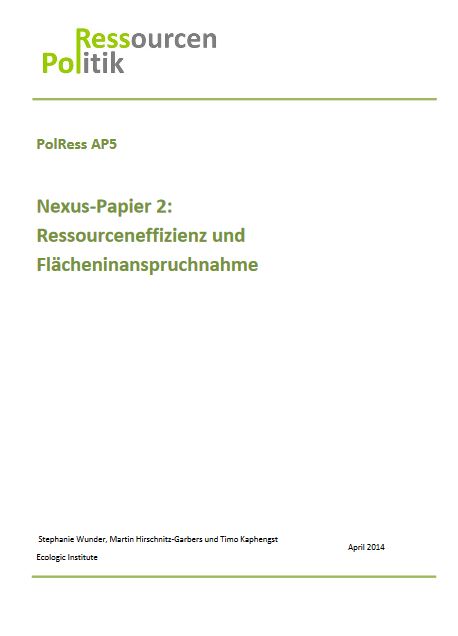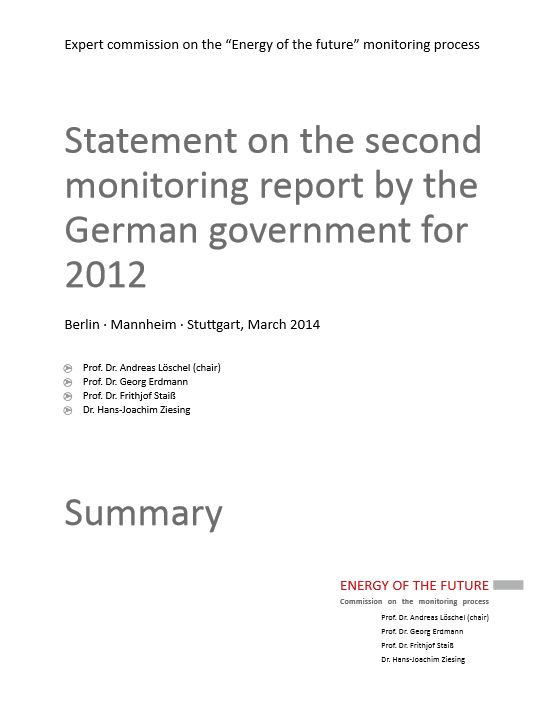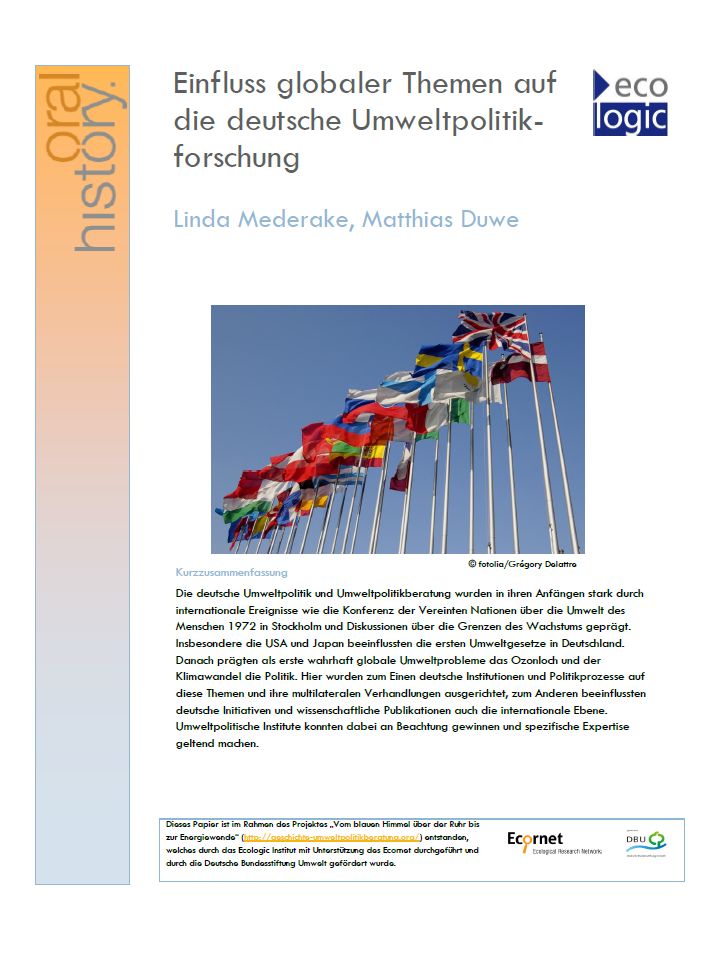Publication:Document
Event:Discussion
Event:Conference
Event:Discussion
Publication:Video
Event:Workshop
Event:Discussion
Event:Discussion
Presentation:Panel discussion
Presentation:Chairing
Publication:Report
Publication:Report
Statement on the Second Monitoring Report by the German Government for 2012
Expert commission on the "Energy of the future" monitoring process
Year
Read moreEvent:Discussion
Event:Climate Talk
Publication:Report

